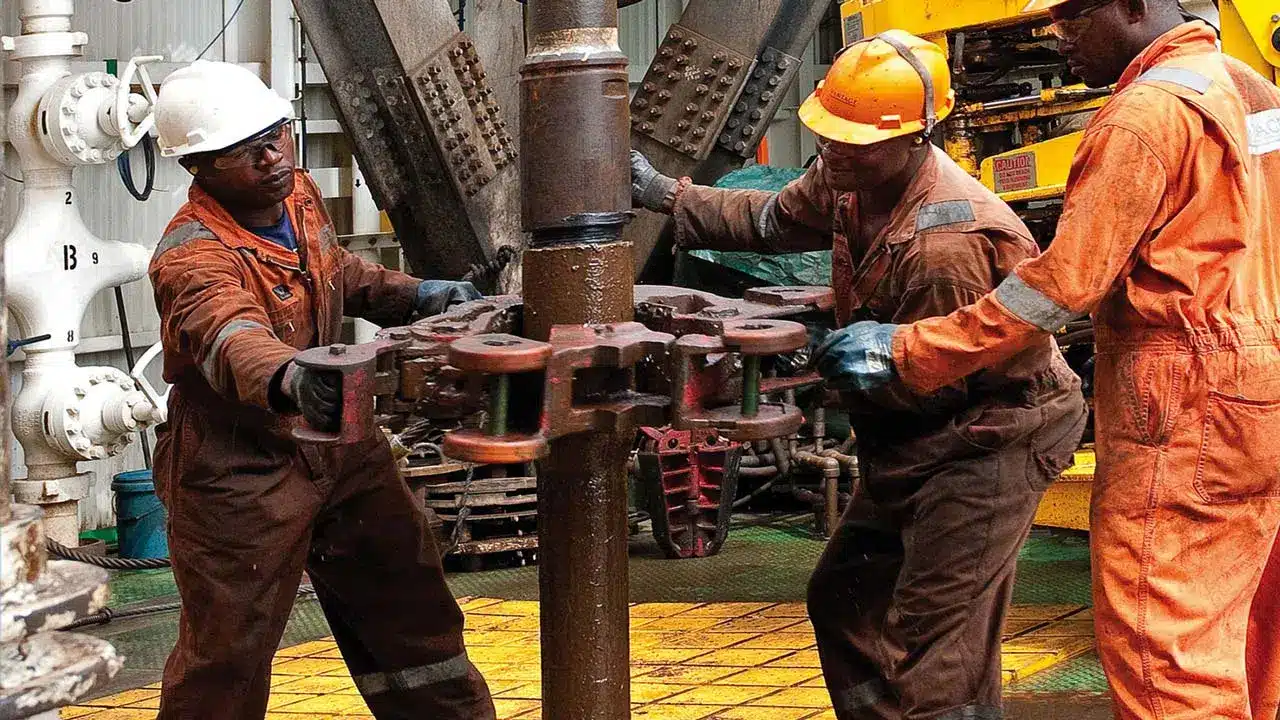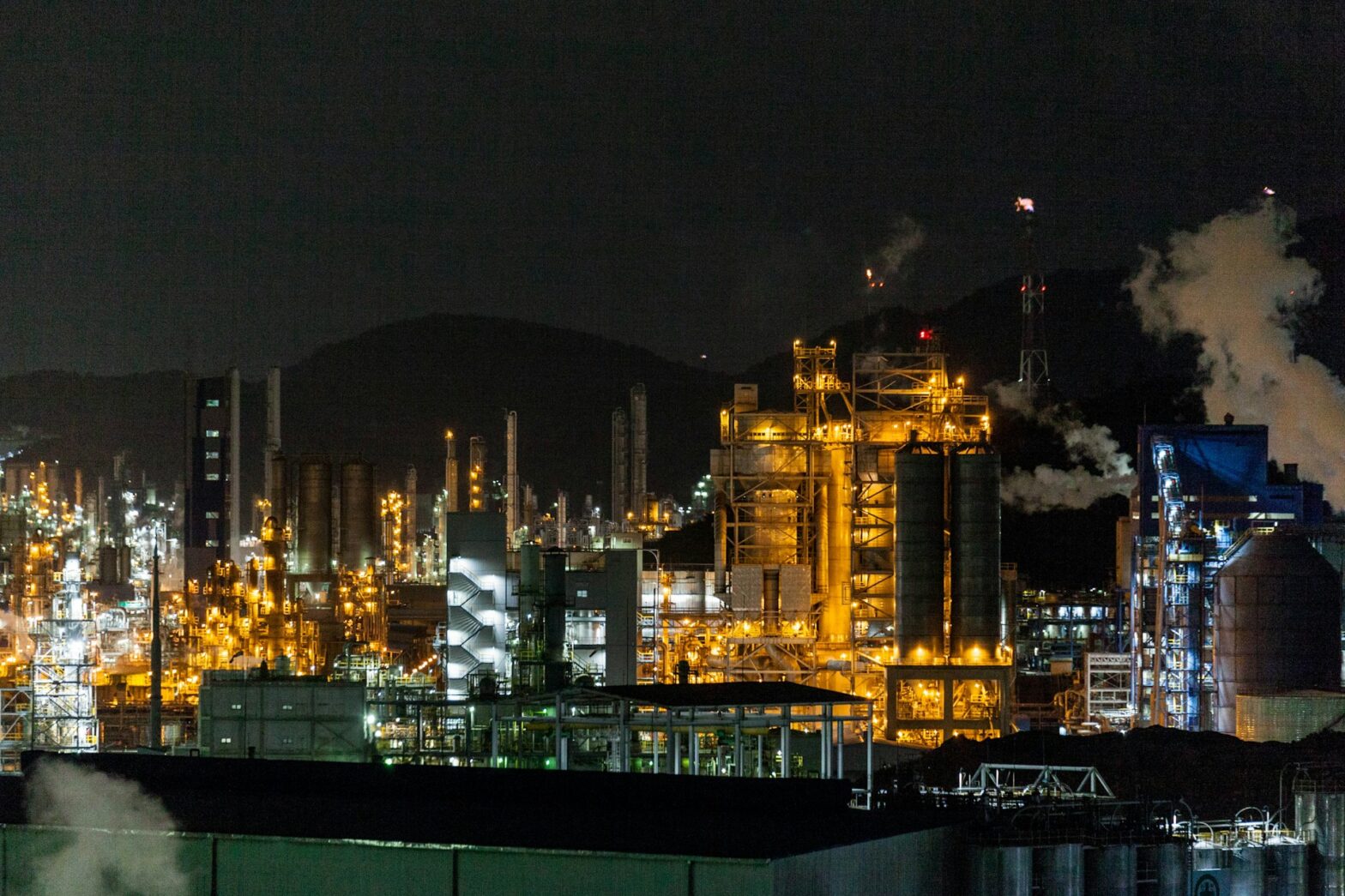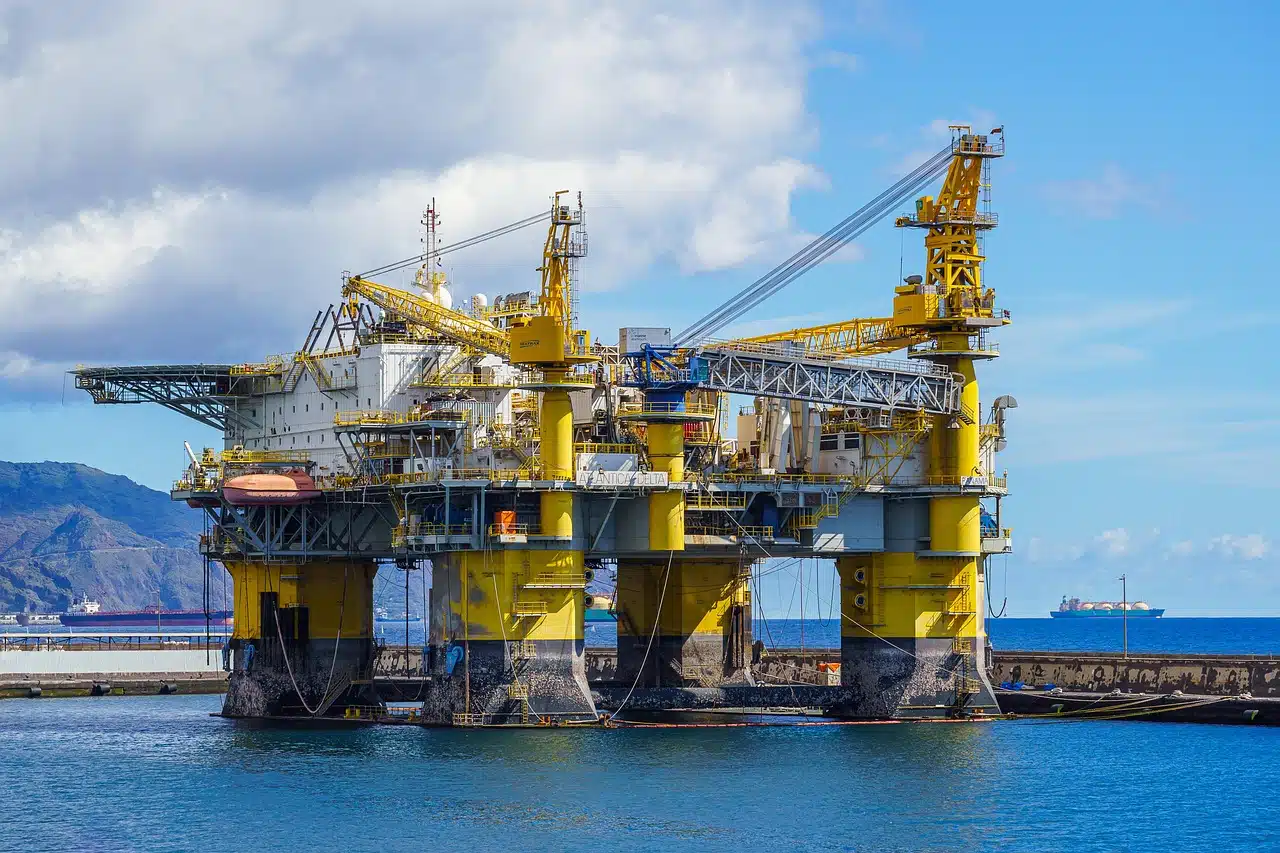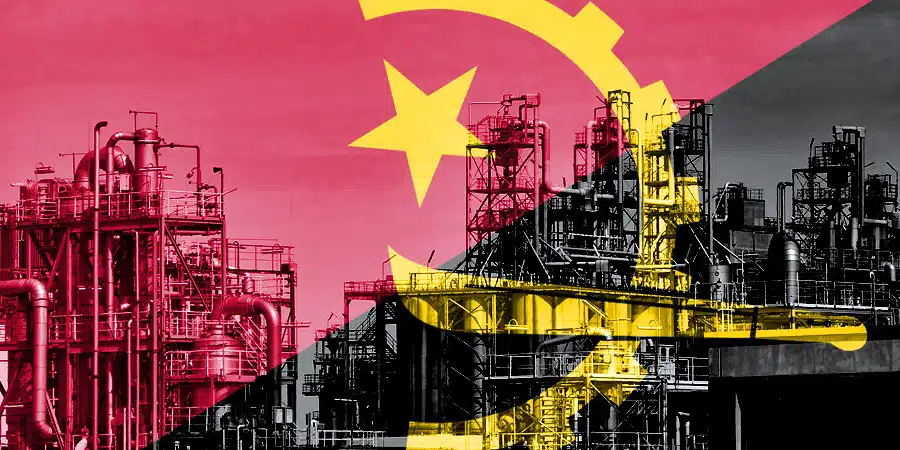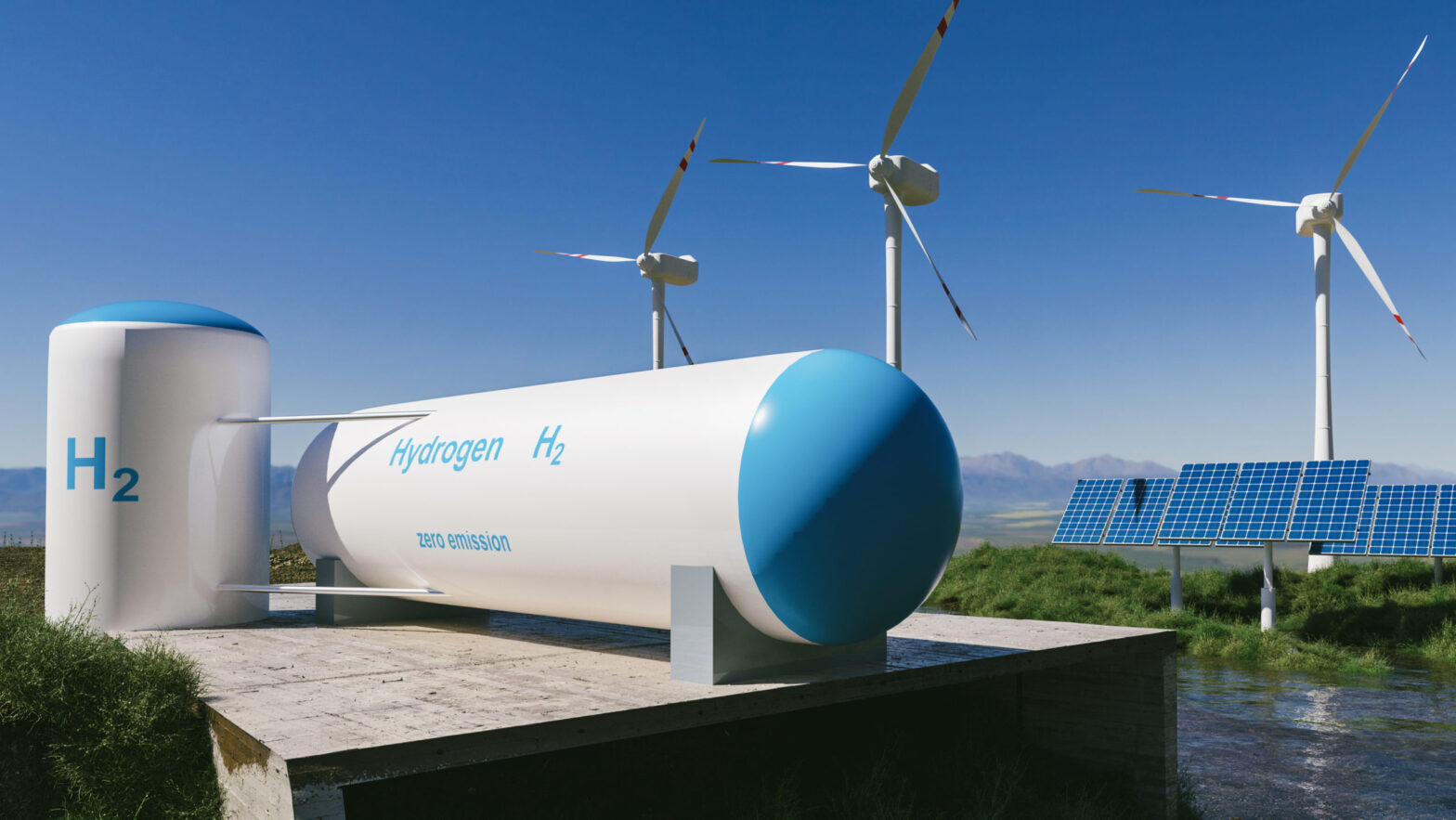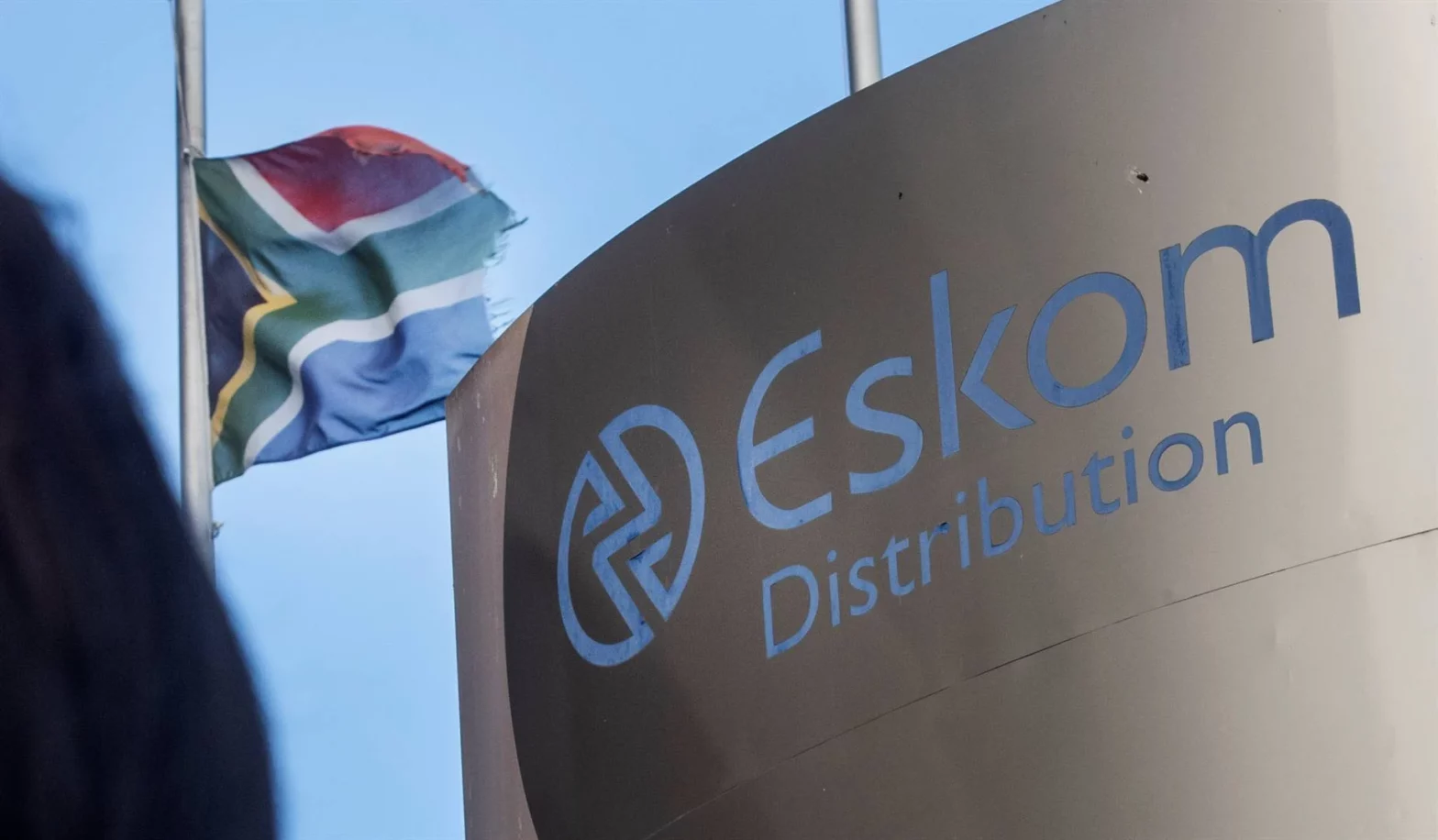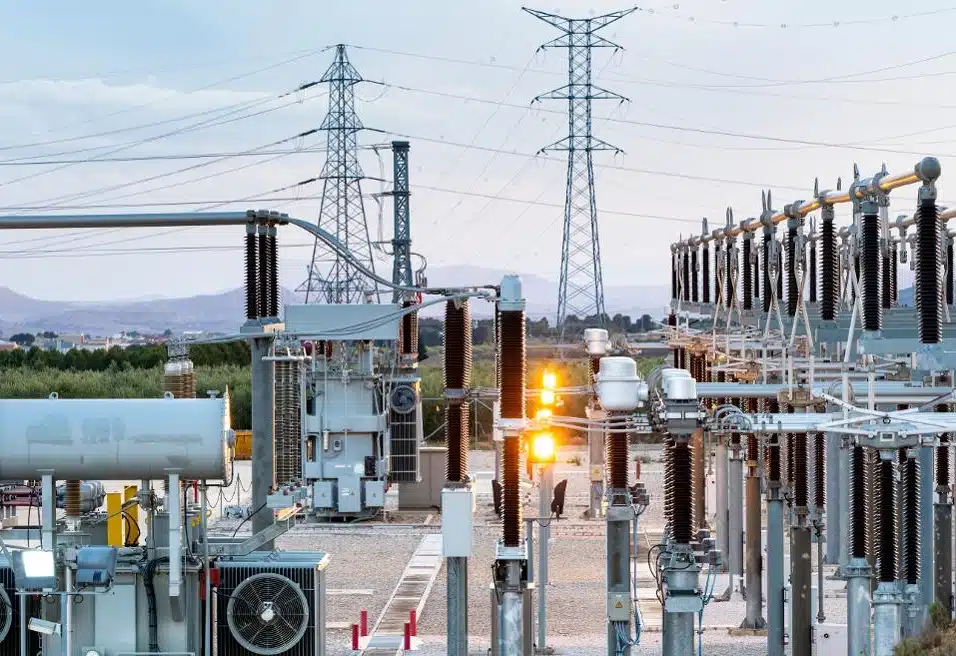The debt management office of Angola said the country’s oil-backed loans from China will decline to between $7.5 billion and $8 billion by the end of the year, as the government gradually reduces reliance on resource-backed financing.
Speaking to Reuters Wednesday evening Dorivaldo Teixeira, Director of Debt Management Unit in Angola’s finance ministry, said: “All debt collateralised by oil revenues is concentrated in agreements with China, which have been gradually reduced in recent years.”
After its civil war ended in 2002, Angola urgently needed infrastructure financing. Western lenders were unwilling to extend credit on acceptable terms.
As a result, Angola pioneered an oil‑backed loan approach where it could offer future oil production as collateral to Chinese lenders in exchange for infrastructure funding.
Angola steadily fights off the loan trap
Between 2000 and 2022, Angola received roughly $45 billion in loans from China (that’s about a quarter of all Chinese loans to Africa), with around half of that allocated to developing its energy and transport sectors.
However, in recent years, the country has been trying to reduce its exposure to resource-backed loans because of volatile commodity prices and higher return rates that have heightened risk factors and makes maneuvering the external environment more challenging.
By 2023, total public debt to China came down approximately $18 billion, about 37% of Angola’s national debt, dropping further to $10.146 billion as of the end of 2024.
Recent government data showed the loan dropped to $8.943 billion in June 2025, but the government is hoping to pay off about $1 billion in the remaining six months of the year.
“The government has adopted a more cautious and transparent approach to contracting external financing,” Teixeira told Reuters.
He said the government had stopped contracting asset-backed loans with China in 2017, although controversial resource-based loans are still being taken.
The last president of the African Development Bank President Akinwumi Adesina described resource‑backed loans as “asymmetrical” and non-transparent, warning the Angolan government of long-term fiscal strain.
The country has now suspended the sale of debt on international capital markets because of uncertain external factors, turning instead to domestic financing sources which have shown some greater level of responsiveness and resilience.
As a result, domestic borrowing rose in the first half of this year compared to the same period last year, according to data from the debt management office.
“The increase in domestic debt in the first half of 2025 reflects a deliberate adjustment strategy in response to an unfavourable external environment,” Teixeira said.



